
Jay W. Richards, Ph.D., is the William E. Simon Senior Research Fellow at the Heritage Foundation, a Senior Fellow at the Discovery Institute, and the Executive Editor of The Stream.
Richards is author or editor of more than a dozen books, including the New York Times bestsellers Infiltrated (2013) and Indivisible (2012); The Human Advantage; Money, Greed, and God, winner of a 2010 Templeton Enterprise Award; The Hobbit Party with Jonathan Witt; and Eat, Fast, Feast. His most recent book, with Douglas Axe and William Briggs, is The Price of Panic: How the Tyranny of Experts Turned a Pandemic Into a Catastrophe.
Richards is also executive producer of several documentaries, including The Call of the Entrepreneur, The Birth of Freedom, and Effective Stewardship (Acton Media and Zondervan, 2009). He has been featured in several television-broadcast documentaries, including The Call of the Entrepreneur, The Case for a Creator, The Wonder of Soil, and The Privileged Planet, based on his book, The Privileged Planet, with astronomer Guillermo Gonzalez.
Richards' articles and essays have been published in The Harvard Business Review, Wall Street Journal, Barron's, Washington Post, Forbes, National Review Online, Investor's Business Daily, Washington Times, The Philadelphia Inquirer, The Huffington Post, The Federalist, The American Spectator, The Daily Caller, The Imaginative Conservative and many other publications. His topics range from culture, economics, and public policy to natural science, technology, and the environment. He has appeared on many national radio and TV programs, including Larry King Live; and he has lectured worldwide on a variety of subjects, including to Members of the US Congress.
Richards has a Ph.D., with honors, in philosophy and theology from Princeton Theological Seminary. He also has an M.Div. (Master of Divinity), a Th.M. (Master of Theology), and a B.A. with majors in Political Science and Religion. He lives with his family in the Washington DC Metro area.
Archives


Fight the Good Fight
How an Alliance of Faith and Reason Can Win the Culture War
Rarefied Design: The Privileged Planet, 20 Years On
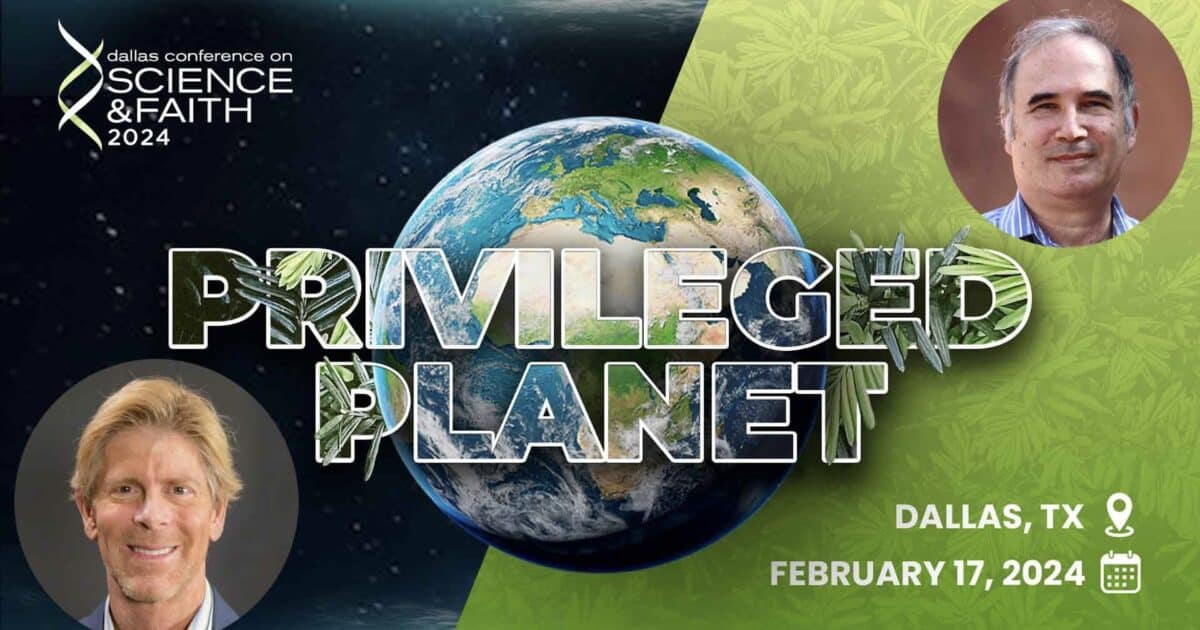
Dallas Conference: Astrobiology Reveals Earth as a Rare Jewel

AI Chatbot Claude Passed My “Sex and Gender” Test. I’m Impressed.
The chatbot "Claude" isn't perfect, but it's miles ahead of the others.
God’s Grandeur: Ann Gauger on Beauty, Intelligibility, and Human Uniqueness

God’s Grandeur: Ann Gauger on the Scientific Case for Design
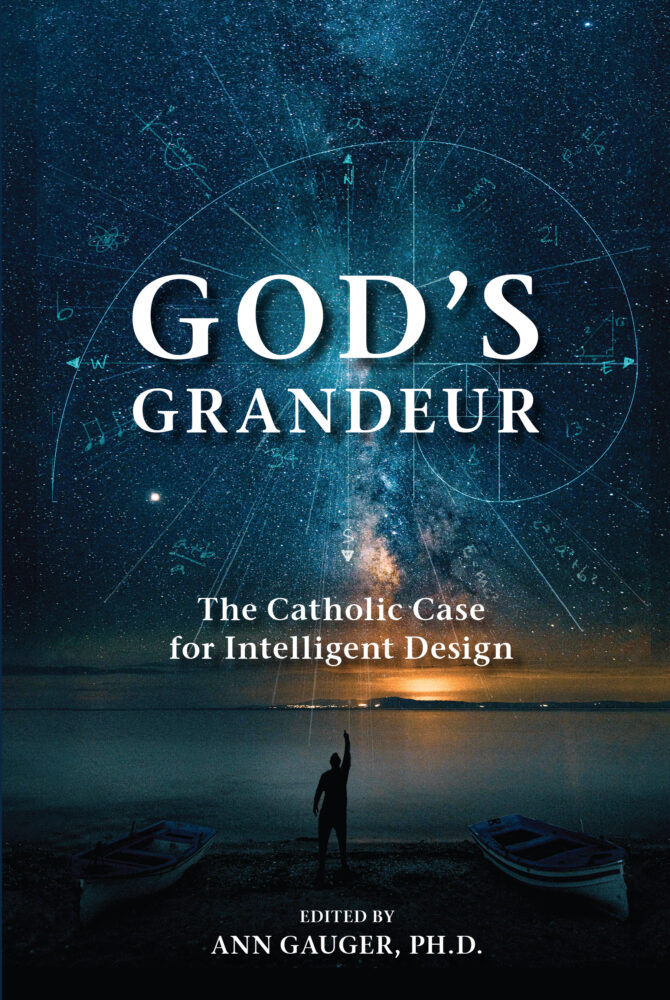
God’s Grandeur
The Catholic Case for Intelligent Design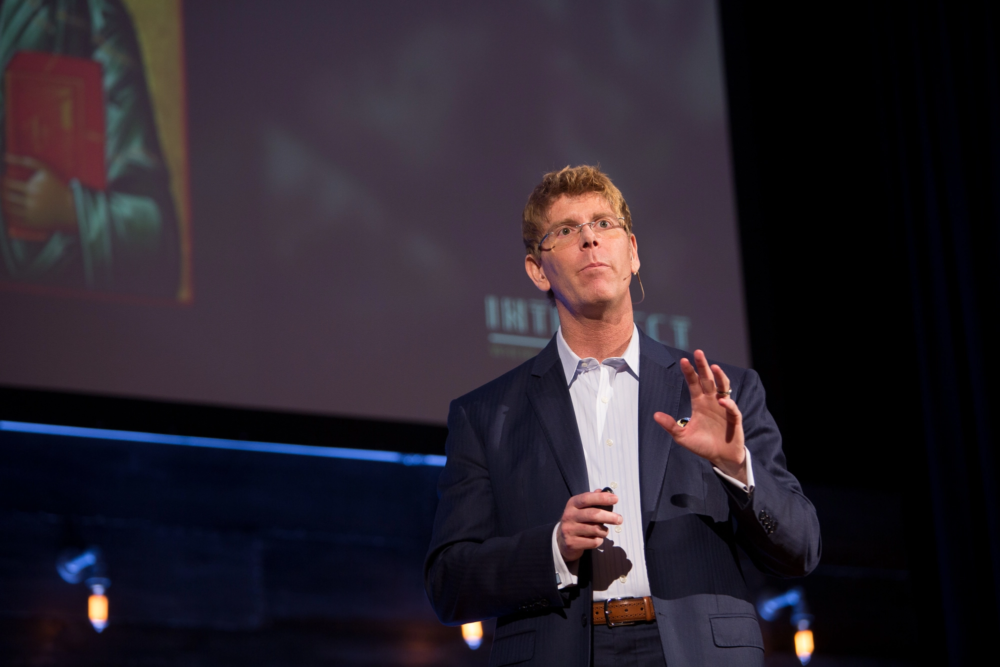
Dr. Jay Wesley Richards on What Every Parent Should Know About Gender Ideology and Gender-Affirming Care

Jay Richards Addresses Whether AI Machines Will Replace Most Human Workers

Jay Richards on the Art of Answering Theistic Evolutionists
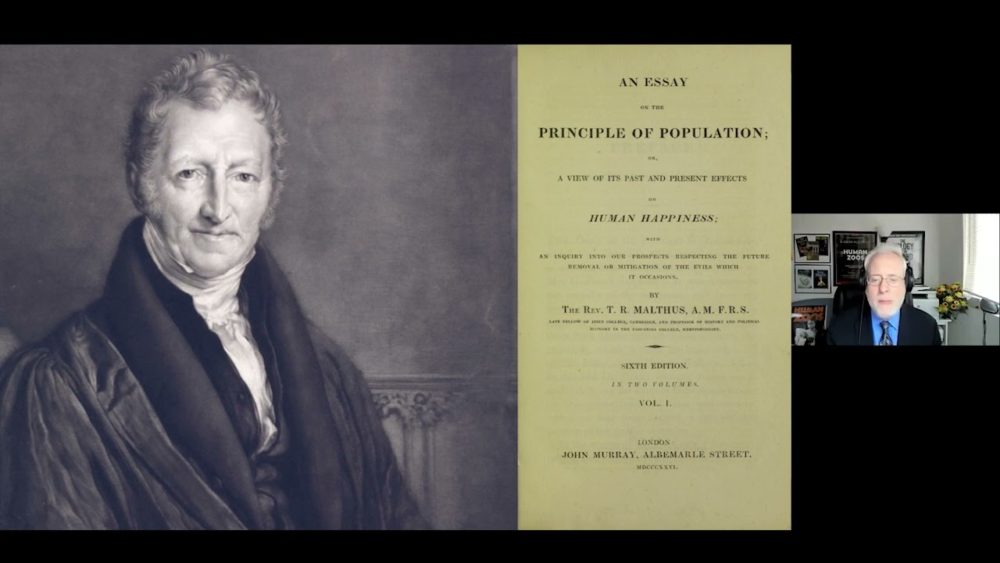
Survival of the Fittest or Survival of the Statist?
Darwin's Real Legacy for Economics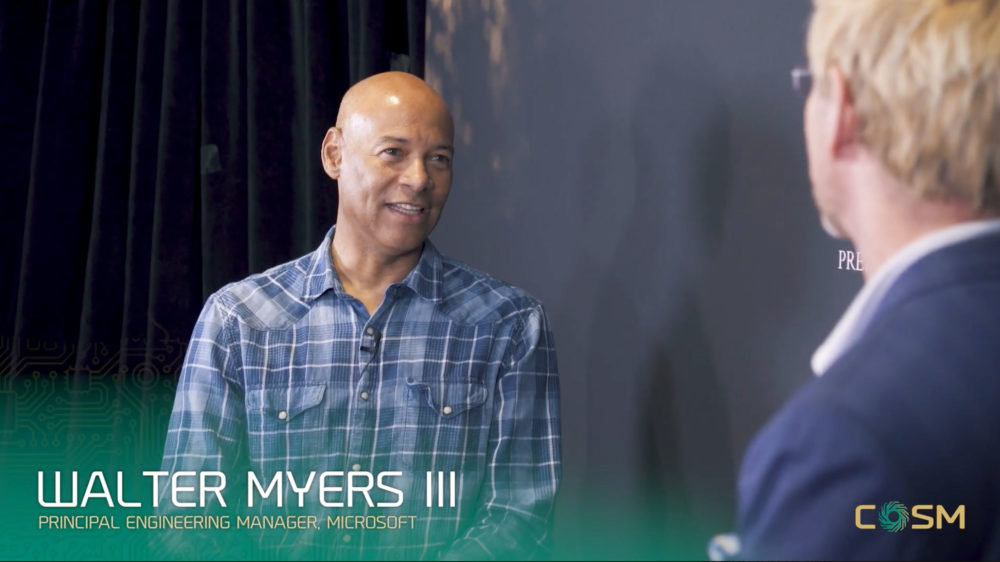
Walter Myers COSM 2021 Interview

U.S. Military Uses Religious Test Against Service Members To Enforce Vaccine Mandate
The military is denying requests for religious exemptions because officials disagree with the theological views of service members.
C. S. Lewis and the Argument from Reason

Jay Richards Dismantles Carl Sagan’s Passive Theist

Jay Richards Talks God, Carl Sagan, and Word Games

Jay Richards: Before Carl Sagan Said It, Science Debunked It

Easter: Let’s Feast!
